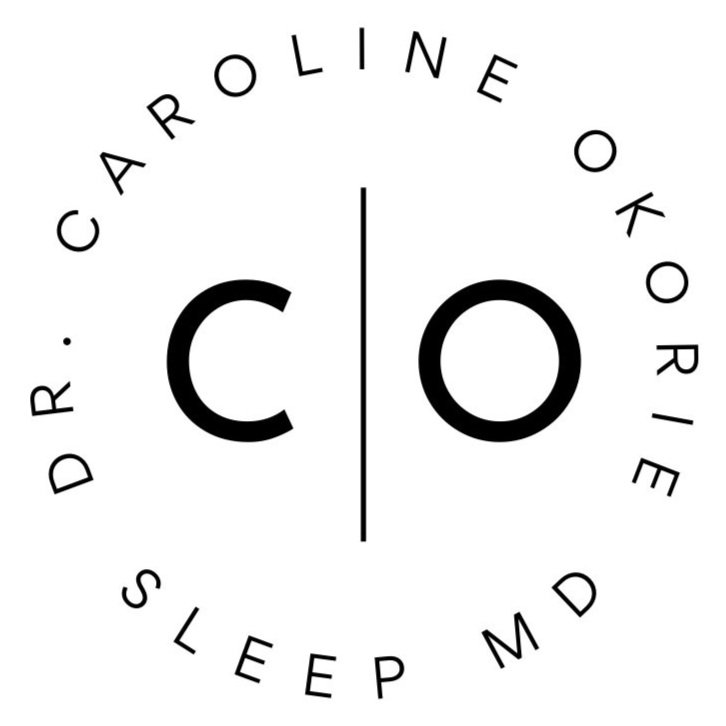Are We There Yet? Establishing New Habits.
I was in an airport lounge when a family came in. The youngest had to be around 5 years old and she let everyone know they were on their way to DisneyLand. She was SO excited.
The parents settled the kids into their seats and after about 10 minutes the little girl asked her mother “are we at Disneyland yet?”
“No, not yet.” Her mother said patiently.
Another 15 minutes went by. “Are we almost there?” She asked with pleading eyes..
“Sweetie, we need to get on the plane first. Then we will be almost there.”
“Okay…” she said disappointedly
30 minutes later. “I don’t want to wait anymore!” She shared.
The mother didn’t look up from her book, “Sorry honey, we will have to wait.”
“This is taking too loooooooong!” The little girl proclaimed in exasperated earnest, throwing herself backwards into her seat, her eyes rolling up in her head.
I could related to this little one. Often, we just want to be at our destination already - no travel, waiting or planning required. It can be hard to be patient along the journey, but often things take the time that they take. This goes for establishing a new healthy sleep routine and when heading to Disneyland.
It’s easy to get discouraged and to lose motivation on the way and this is where mindset (and a good plan) can make a big difference.
Thankfully there are many great experts who have already offered their wisdom in this area. If you haven’t already, I do recommend reading (or listening to) James Clear’s Atomic Habits. It’s a book I try to re-read at least once a year as I strive to optimize difference aspects of my life.
How can you use the principles from Atomic Habits as you work to improve sleep? Here are some ideas:
Focus on Systems, Not just Goals: Instead of aiming solely for better sleep, focus on creating small, actionable steps that improve your sleep environment, routine, and mindset.
Start Small: Emphasize tiny, manageable habits that are easy to implement. Small changes, repeated consistently, lead to significant transformations over time.
Action Ideas:
Go to bed 10 minutes earlier
Stop caffeine ~7 hours before bedtime, or if it’s easier to remember, avoid caffeine after 2pm
Dim the lights at the start of your wind down routine
How are habits made? Consider, the Habit Loop. Here is something many of us consider a well established habit- brushing your teeth:
Cue: You wake up in the morning
Craving: You want a clean, fresh-feeling mouth and want to maintain good oral hygiene.
Response: You brush your teeth thoroughly for two minutes.
Reward: You experience the pleasant sensation of minty freshness, plus the knowledge that you’re taking care of your health—both of which reinforce the habit.
What about a sleep related example?
Cue: Your phone dings at 10pm, reminding you to start winding down
Craving: You want to feel more calm before bed after a stressful day
Response: You do some yoga/stretching for 15 minutes to help relax your body/mind
Reward: After 15 minutes feel more relaxed, mentally disengaged from todays’ stressors and ready to head to bed.
Follow the 4 laws of Behavior change:
Make it obvious: structure your environment or cues so that the new habit is clear and as visible as possible
Action Ideas:
Set a consistent reminder on your phone to start your wind down routine
Set out your PJs, eye mask, or other sleep gear in plain sight.
Make It Attractive: Link your new habits to positive outcomes or enjoyable activities.
Action Ideas:
Associate going to bed on time with reading a calming book.
Get some nice bedsheets or pajamas to associate bed with coziness
Listen to you favorite podcast, audiobook, music during your wind down routine
Make It Easy: Remove obstacles to new habits, make it easier to follow through
Action Ideas:
30 minute wind down seems overwhelming? Start with a 5 minute wind down routine
Consider removing the TV from your bedroom
Use do-not-disturb on your phone
Put your favorite book or a journal on your bedside table.
Avoid making your bed the dumping station of all things, so your bed is always ready when you need it.
Make the Reward Satisfying: Ensure there is some immediate (or quick) reward or feedback loop that reinforces the habit.
Action Ideas:
Use a habit tracker (can be an app or paper) to track your habits progress. Marking off each success can be motivating!
Write down/reflect on one or two benefits that you notice the next morning (feeling more refreshed, more productive) regular reminders of the benefits will help cement the new habit.
Mindset Tips:
When tracking: Focus on consistency, not perfection, to stay motivated.
Start identifying with the new habit.
Tell yourself: “I am someone who prioritizes restful sleep.” or “I am someone who wakes up feeling well-rested”
When others say things like: “I’ll sleep when I’m dead” You can say, “Ha! Not me! I want to get my sleep now!”
Research has shown that you are 2-3 times more likely to achieve your goal if you create a specific plan. Atomic Habits talks about the “implementation intention” or action plan you create to perform a specific action at the designated time and place.
Here are 3 steps you can start right now!
Take out a piece of paper, open the notes app on your phone, or pull out a spare napkin.
Write down your sleep health goal:
examples: “I want to go to bed by 11pm each night” or “I want to wake up at 7am feeling well rested” or “I want to get 7.5 hours of sleep each night”Then write out your “implementation intention” which is a specific plan to start a new habit on the way to your goal
I will [ACTION] at [TIME] in [LOCATION].
I will write in my journal for 10 minutes at 10pm in my bed.Consider how you will track your progress - you can use a simple notebook, or you can try a pre-made template to keep things organized. Check out https://jamesclear.com/atomic-habits/resources for some free resources to get you started.
Just like my little friend impatiently waiting to get to Disneyland, it is natural to be frustrated by the process towards meaningful change.
Instead of focusing on the overall goal of great sleep, focus on the small habit you want to start.
I think back to a few years ago when I had chronic insomnia myself and felt I needed to fix it immediately or all hope was lost. All or nothing thinking was getting in my way! Once I started to trust the process, (and celebrate the small wins) I was able to recognize change and now I sometimes can’t believe how far I’ve come! I took success from small habits and added other habits, building gradually.
Of course, I had set backs and sometimes I felt like nothing good was happening - but with the mantra “progress over perfection” I realized my ultimate goal of better sleep.
What if you need more help?
There are some for whom these ideas may not be quite enough. Some chronic insomnia can benefit from the individualized help of a sleep specialist. If you feel that is you - take this moment to make a plan to speak with your healthcare provider and ask for a recommendation or a referral to a specialist. Your sleep health is worth the time and sometimes we all could use a little expert help!
You got this!
Sleep Well! Be Well!
Caroline Okorie, MD, MPH

